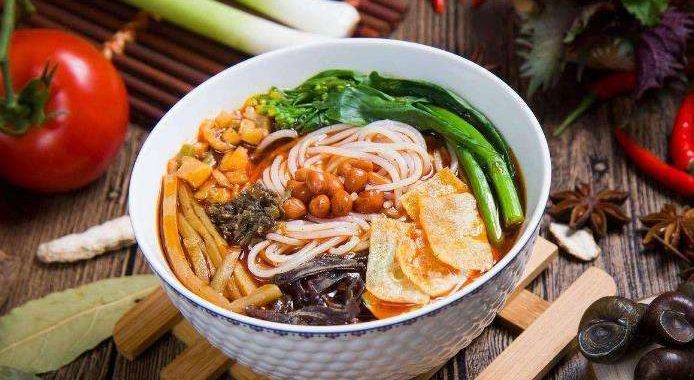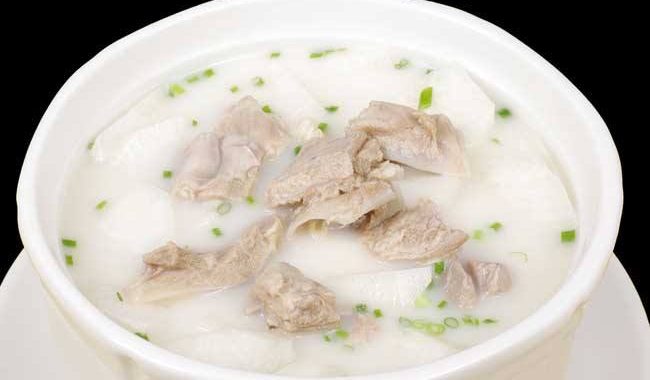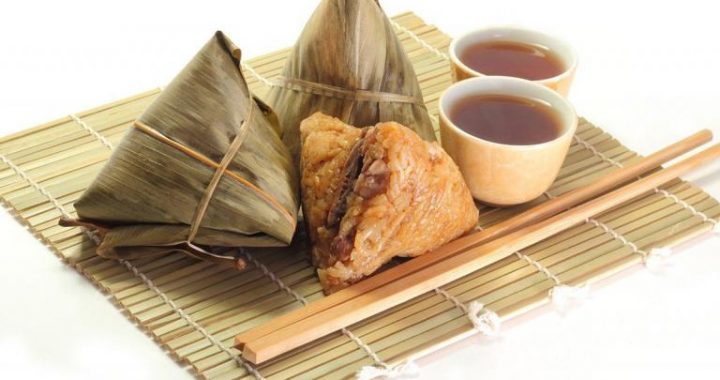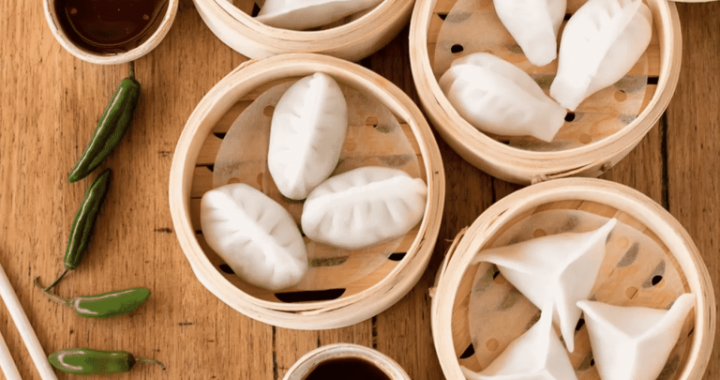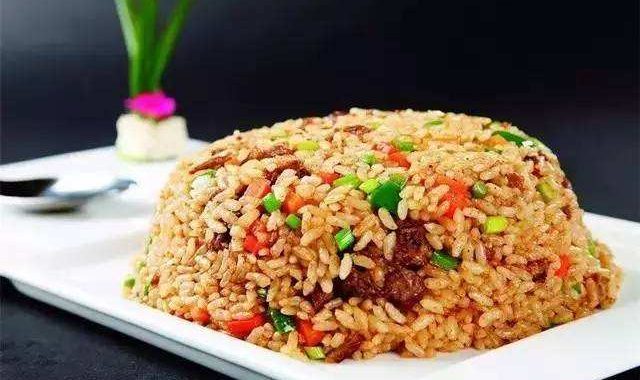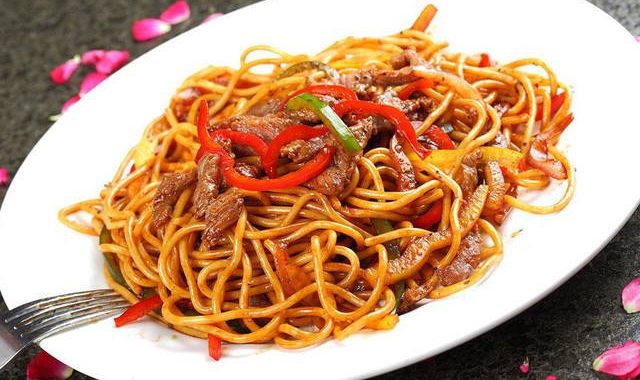Pear and Persimmon and Pineapple and Plum
2 min readPear
Sweet and sour (Earth and Wood), cool, medium Yin
Pear affects the stomach and lungs. It lubricates, counteracting dryness, and is said to eliminate mucus. Fresh pear juice is drunk in China to relieve stubborn coughs and fever. Chinese pears are generally harder, juicier, and more sour than the American variety.
A curious superstition exists in China concerning pears. The word for pear, li, is pronounced exactly like another word meaning “separation.” Many people therefore refuse to share a pear with a loved one for fear of bringing bad luck to their union.
Protein, 0.6 g; Fat, 0.5 g; Fiber, 4 g; Carbohydrate, 11.9 g; Vitamin A, 28 IU; Vitamin B1, 0.06 mg; Vitamin B2, 0.03 mg; Niacin, 0.02 mg; Vitamin C, 7 mg; Calcium, 8 mg; Phosphorus, 15 mg; Iron, 0.5 mg

Persimmon
Sweet (Earth), cold, medium Yin
The high tannic acid content of unripe persimmon has an “obstructive” or astringent consequence, making unripe persimmon effective in treating diarrhea, dysentery, and chest mucus.
When persimmon ripens, the tannic acid is converted into fructose. Ripe persimmon lubricates the lungs and nourishes the heart, spleen, and intestines. It relieves stomachache, hemorrhoids, and constipation. Persimmon is also used for regulating high blood pressure, treating canker sores in the mouth, and calming a stubborn cough.
Protein, 0.2 g; Fat, 0.1 g; Fiber, –; Carbohydrate, 8.4 g; Vitamin A, –; Vitamin B1, –; Vitamin B2, –; Niacin, –; Vitamin C, 17 mg; Calcium, 7 mg; Phosphorus, 7 mg; Iron, 0.63 mg

Pineapple
Sweet and sour (Earth and Wood), neutral, Yang
Pineapple should always be consumed ripe—underripe pineapple is acidic tothe extreme and can cause stomach cramps and damage to the teeth and bones. Soft, sweet pineapple, on the other hand, promotes digestion. It also promotes urination, quenches thirst, and heals swelling. Sweet pineapple stimulates the appetite and is therefore used to treat anorexia.
Protein, 0.6 g; Fat, 0.7 g; Fiber, 2.4 g; Carbohydrate, 19.2 g; Vitamin A, 35 IU; Vitamin B1, 0.14 mg; Vitamin B2, 0.06 mg; Niacin, 0.07 mg; Vitamin C, 24 mg; Calcium, 11 mg; Phosphorus, 11 mg; Iron, 0.57 mg

Plum
Sweet and sour (Earth and Wood), neutral, balance of Yin and Yang
Plum nourishes the blood and qi; it also combats dryness. In China plum is eaten to promote digestion and urination and to nourish weak kidneys or liver. A specific remedy for kidney or liver problems is a tea prepared from two crushed whole plums (including the seed) mixed with hot water and drunk twice a day. Two plums soaked in vinegar and then boiled in water help cure canker sores, sore throat, and chronic tonsillitis. Use the cooled water for washing the mouth and for gargling.
Protein, 0.7 g; Fat, 0.2 g; Fiber, 0.5 g; Carbohydrate, 12.9 g; Vitamin A, 350 IU; Vitamin B1, 0.06 mg; Vitamin B2, 0.04 mg; Niacin, –; Vitamin C, 5 mg; Calcium, 17 mg; Phosphorus, 20 mg; Iron, 0.5 mg

